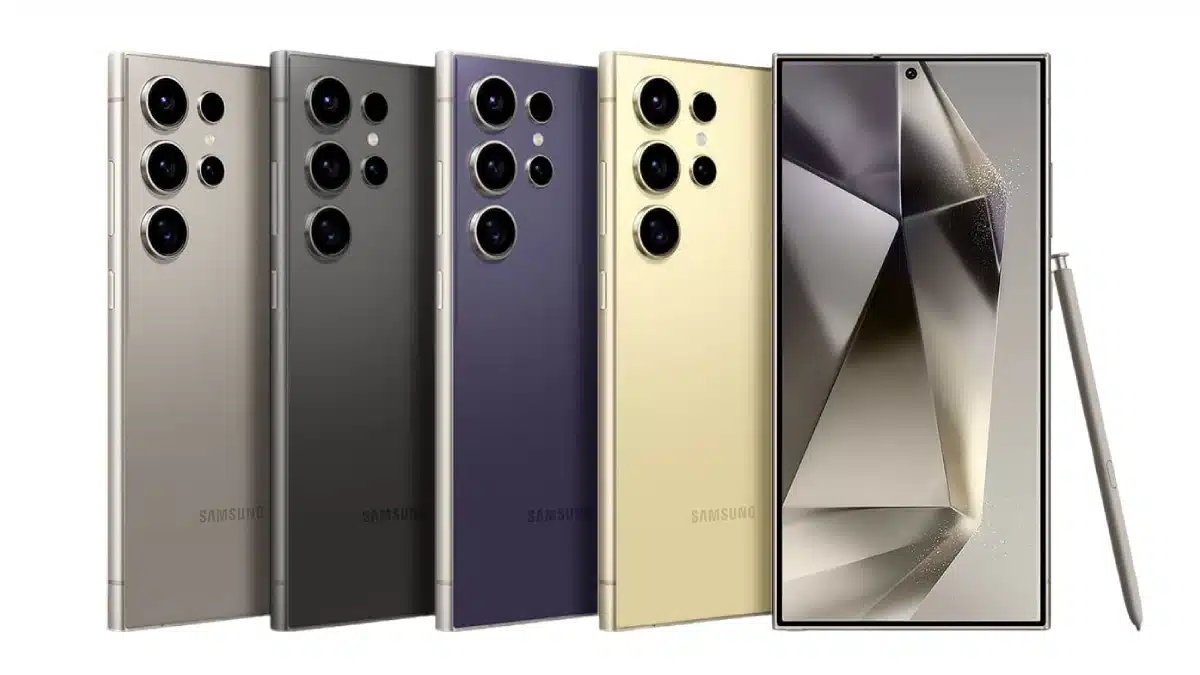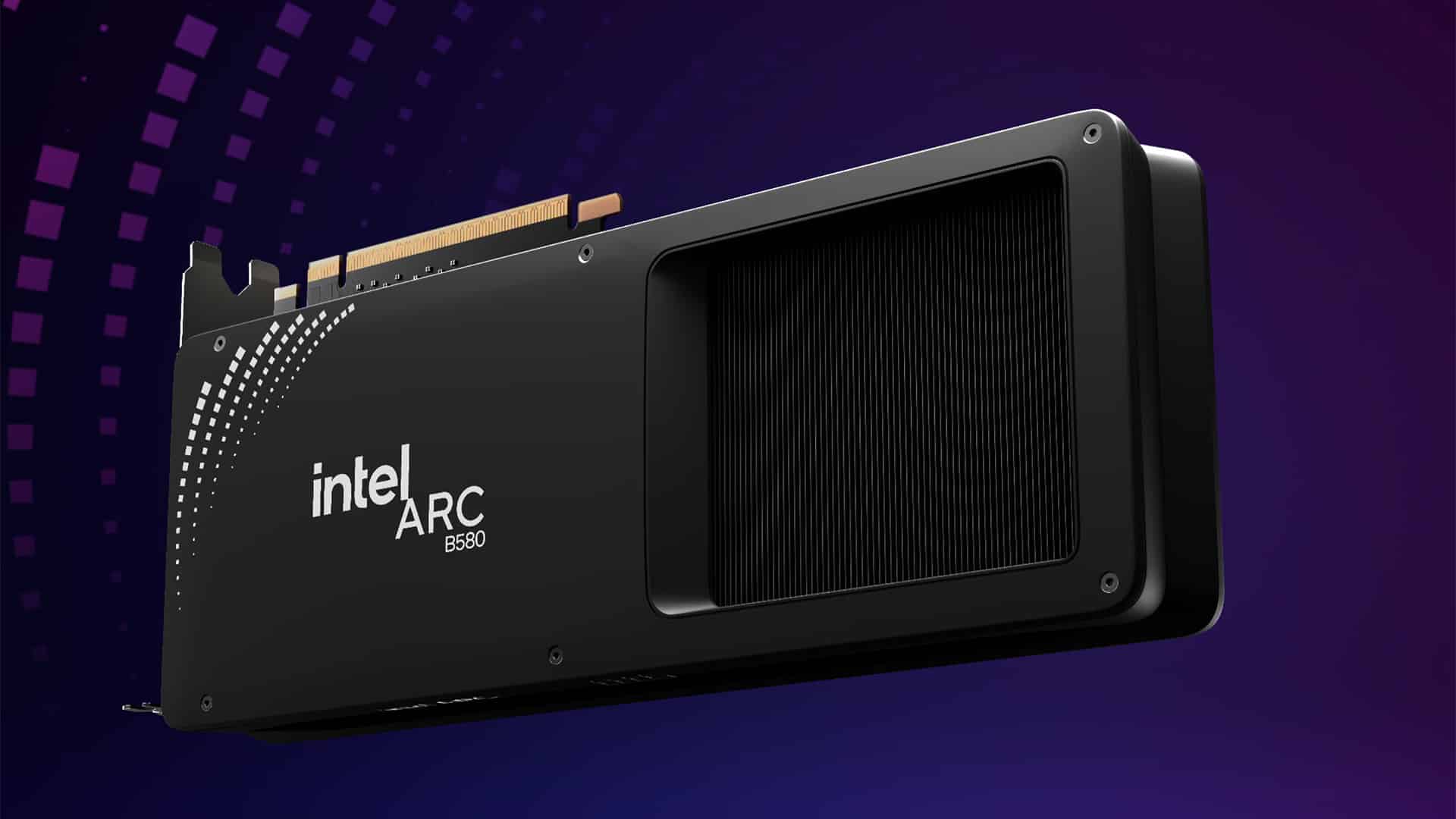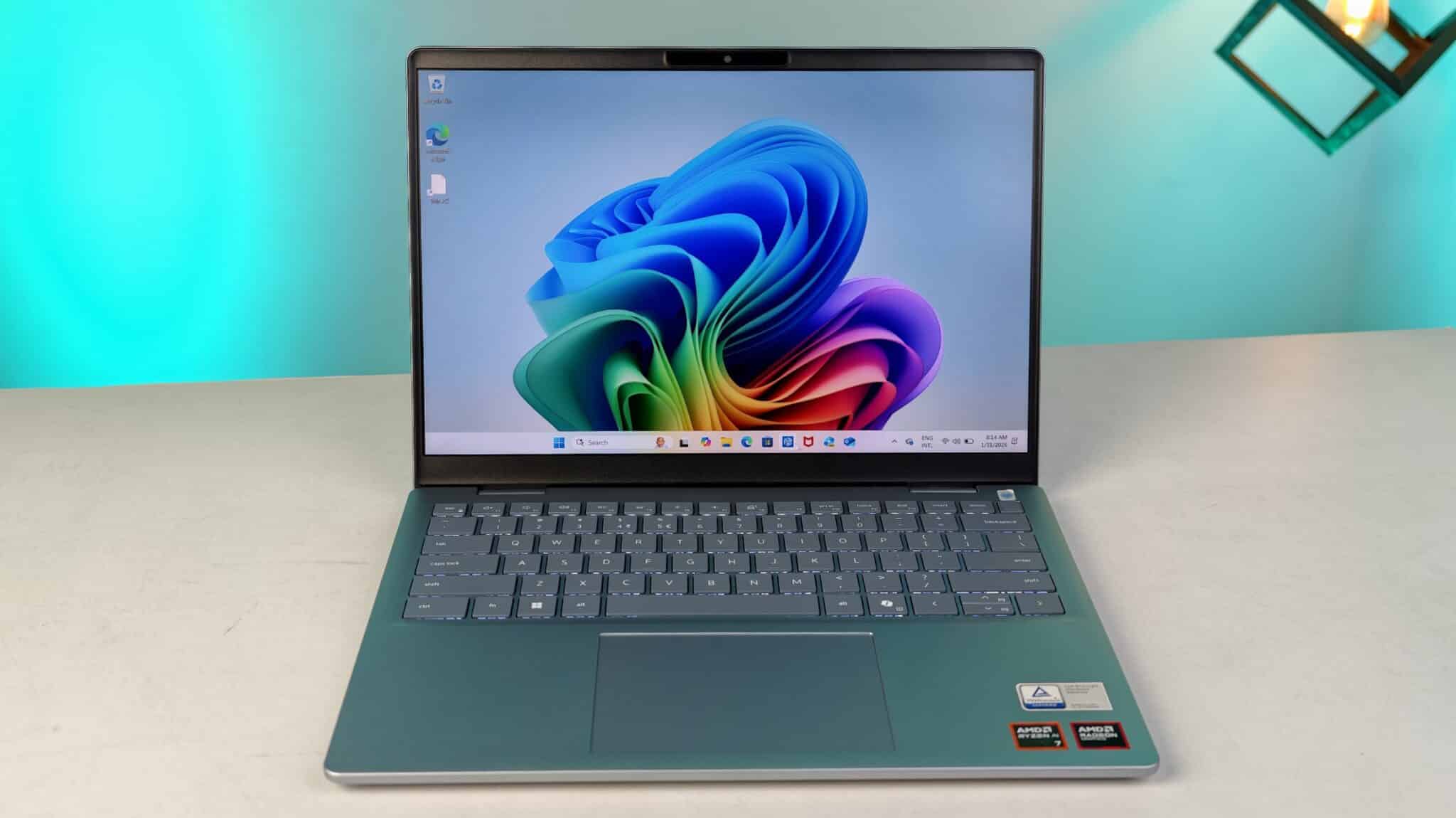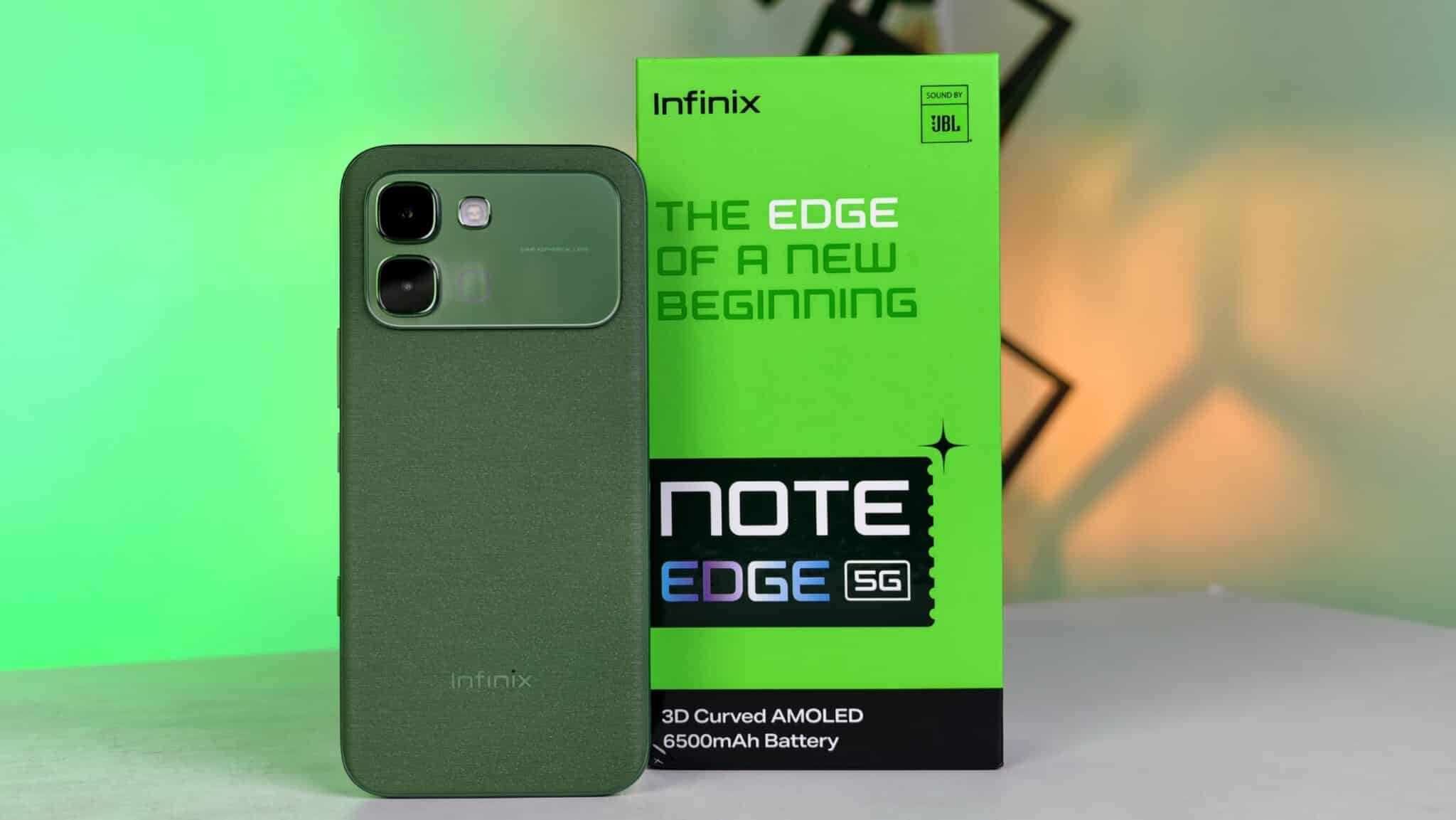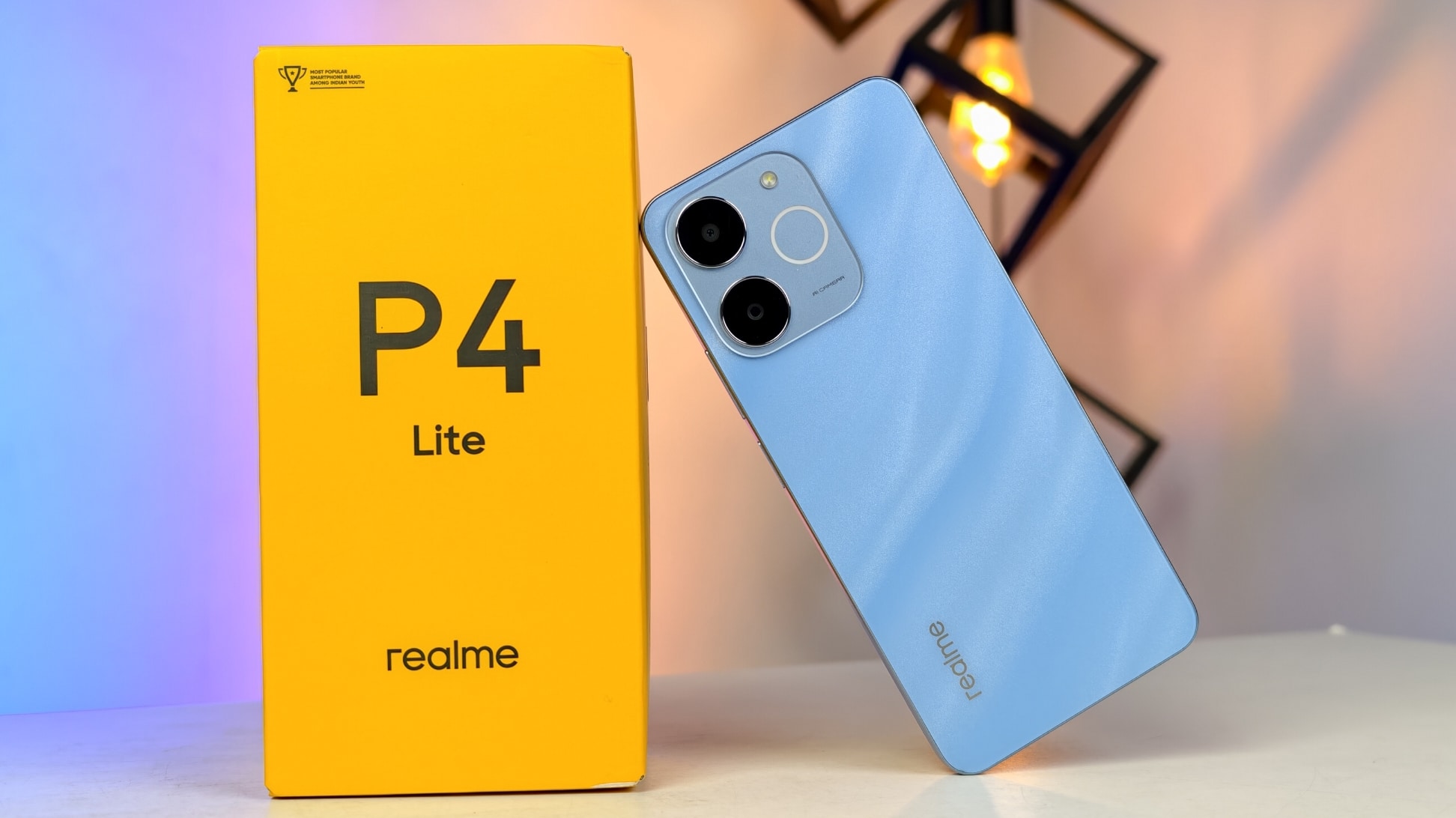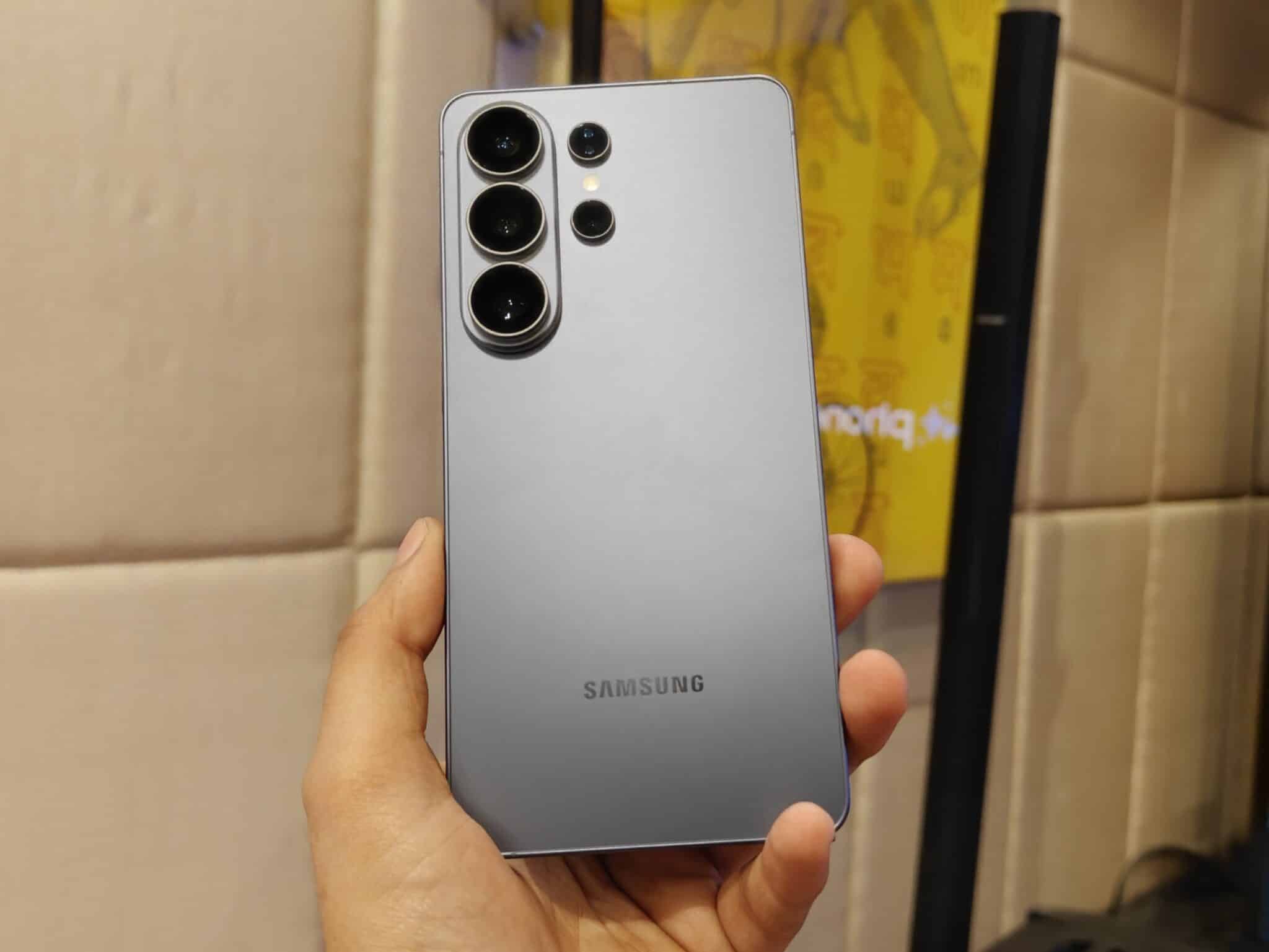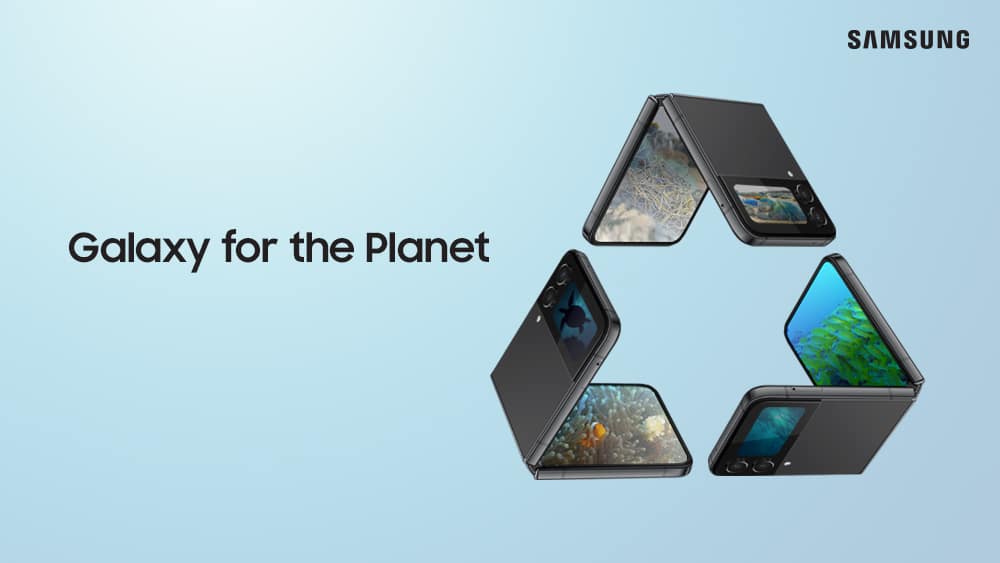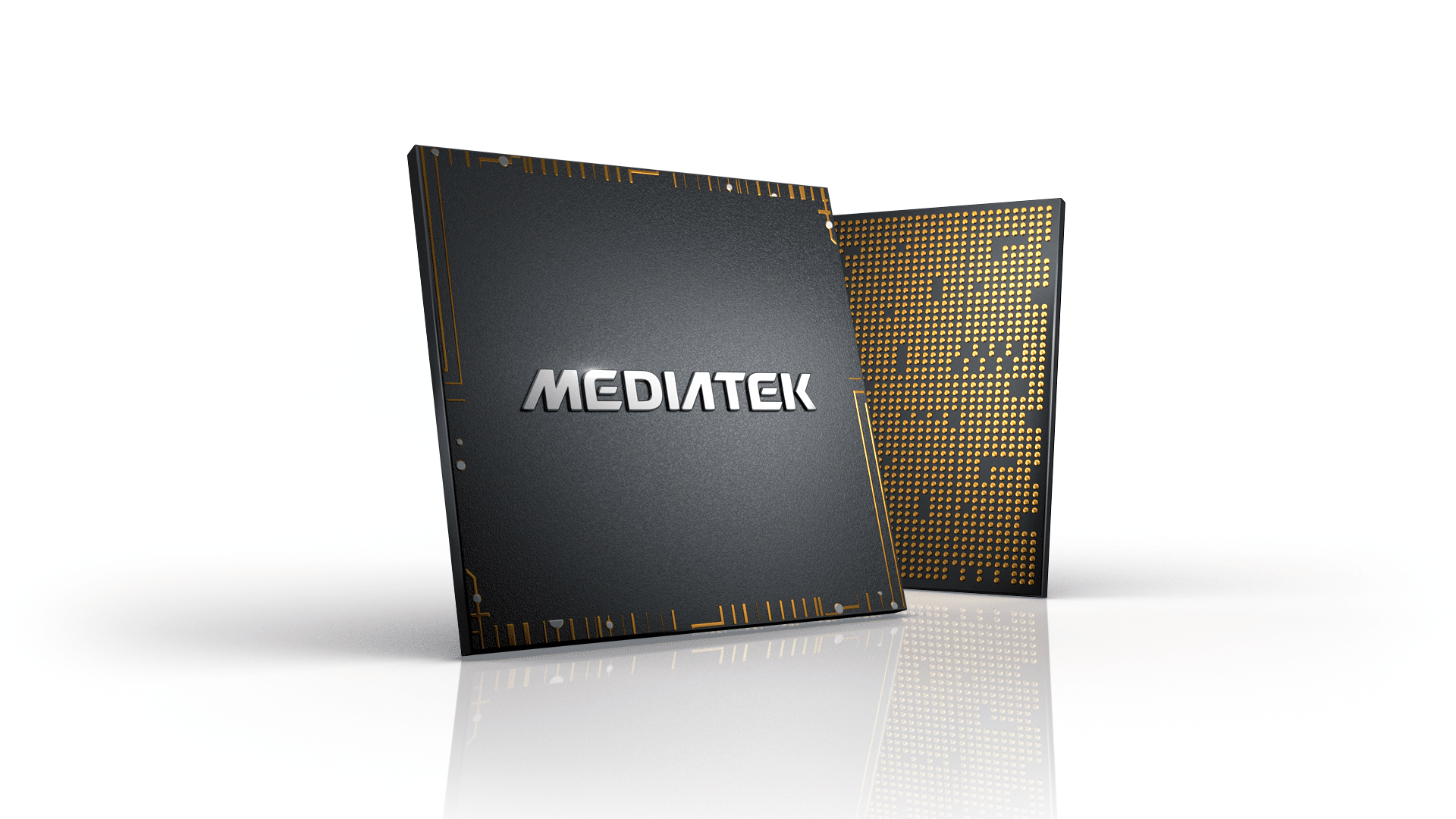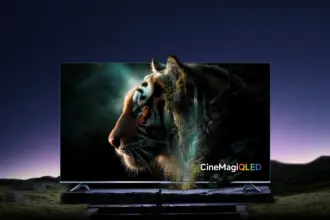LG, one of the world’s leading electronics manufacturers, has officially announced its departure from the Blu-ray player market. This decision marks the end of an era for physical media enthusiasts and leaves a shrinking pool of manufacturers still producing these devices. While not entirely unexpected given the rise of streaming services, the move has still sparked considerable discussion among consumers and industry experts alike.
The Rise and Fall of the Blu-ray Disc
Blu-ray discs, launched in 2006, were heralded as the successor to DVDs, offering significantly higher storage capacity and enabling high-definition video playback. For years, they reigned supreme as the preferred format for home cinema enthusiasts seeking the best possible audio-visual experience. I remember eagerly upgrading my DVD collection to Blu-ray, captivated by the crisp visuals and immersive sound. However, the landscape began to shift with the advent of high-speed internet and the rise of streaming platforms like Netflix and Amazon Prime Video.
Streaming Takes Center Stage
The convenience and affordability of streaming services have undeniably revolutionized how we consume entertainment. With vast libraries of movies and TV shows accessible at the click of a button, consumers have increasingly embraced the digital realm. This shift in consumer behavior has led to a steady decline in physical media sales, impacting both DVDs and Blu-ray discs.
Personally, while I still appreciate the tangible quality of physical media and the superior audio-visual experience it offers, I find myself increasingly drawn to the convenience of streaming. The ability to access content instantly, without needing to swap discs, is undeniably appealing.
LG’s Exit: A Sign of the Times
LG’s decision to discontinue Blu-ray players is a reflection of this evolving market. In a statement, the company cited declining demand and the need to focus on other product categories as the primary reasons for their exit. This move follows similar decisions by other major electronics manufacturers, further consolidating the Blu-ray player market.
What Does This Mean for Consumers?
For those who still prefer physical media, LG’s exit means fewer choices and potentially higher prices for remaining Blu-ray players. However, several other manufacturers, including Sony, Panasonic, and Pioneer, continue to produce these devices, catering to the niche market of enthusiasts and cinephiles.
It’s worth noting that existing LG Blu-ray players will continue to function, and discs will remain a viable format for the foreseeable future. However, the availability of new players may diminish over time.
The Future of Home Entertainment
While streaming dominates the current landscape, it’s essential to acknowledge its limitations. Streaming relies heavily on internet connectivity, which can be unreliable in some areas. Furthermore, licensing agreements and content availability can fluctuate, meaning your favorite movie might disappear from your chosen platform without warning.
Physical media, on the other hand, offers a sense of ownership and permanence. You have a tangible copy of the movie, independent of internet access or licensing agreements. This is particularly appealing for collectors and those who value having a physical library of their favorite films.
Looking ahead, it’s likely that streaming and physical media will coexist, each catering to different needs and preferences. While streaming offers convenience and accessibility, physical media provides a sense of ownership and a superior audio-visual experience for those who demand the best.
Alternatives for Physical Media Enthusiasts
Despite LG’s departure, several alternatives remain for those who prefer physical media:
- Other Blu-ray Player Manufacturers: Sony, Panasonic, and Pioneer continue to offer a range of Blu-ray players, from budget-friendly models to high-end audiophile devices.
- Gaming Consoles: PlayStation 5 and Xbox Series X both support Blu-ray playback, offering a multi-functional entertainment solution.
- Universal Disc Players: These players support various disc formats, including Blu-ray, DVD, and even Ultra HD Blu-ray, providing a comprehensive solution for physical media enthusiasts.
Embracing the Digital Age
While the decline of physical media is undeniable, it’s crucial to recognize the benefits that streaming has brought to the entertainment industry. Streaming has democratized access to content, making a vast library of movies and TV shows available to a global audience. It has also fostered the creation of diverse and innovative content, pushing the boundaries of storytelling and filmmaking.
As technology continues to evolve, it’s exciting to imagine what the future holds for home entertainment. Perhaps we’ll see the emergence of new formats and technologies that combine the convenience of streaming with the quality and ownership of physical media.
LG’s decision to discontinue Blu-ray players marks the end of an era, but it also signifies the beginning of a new chapter in home entertainment. While physical media may occupy a niche market, it will likely continue to appeal to enthusiasts and collectors who value its unique qualities. Meanwhile, streaming will continue to evolve, offering new and innovative ways to experience movies and TV shows. Ultimately, the future of home entertainment is in the hands of consumers, who will continue to shape the industry with their preferences and demands.




